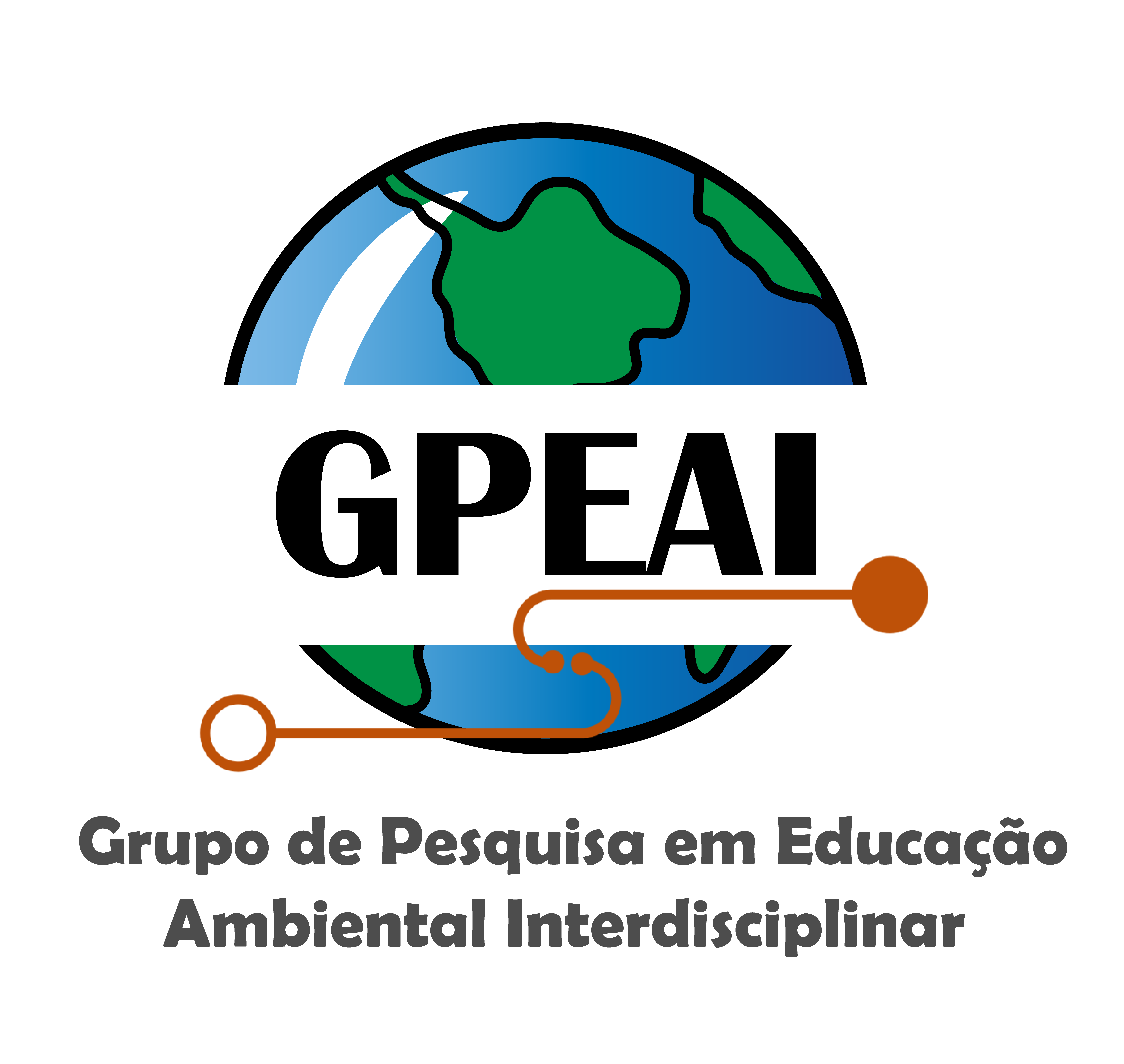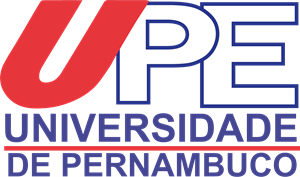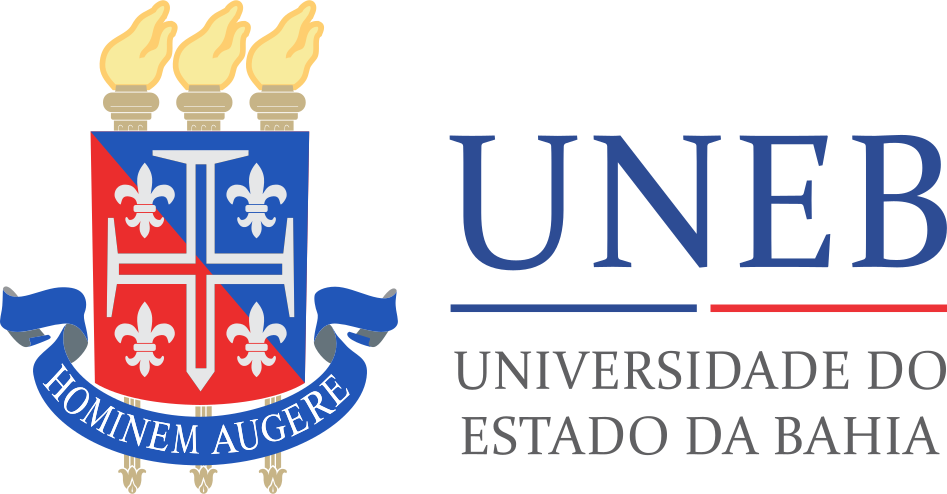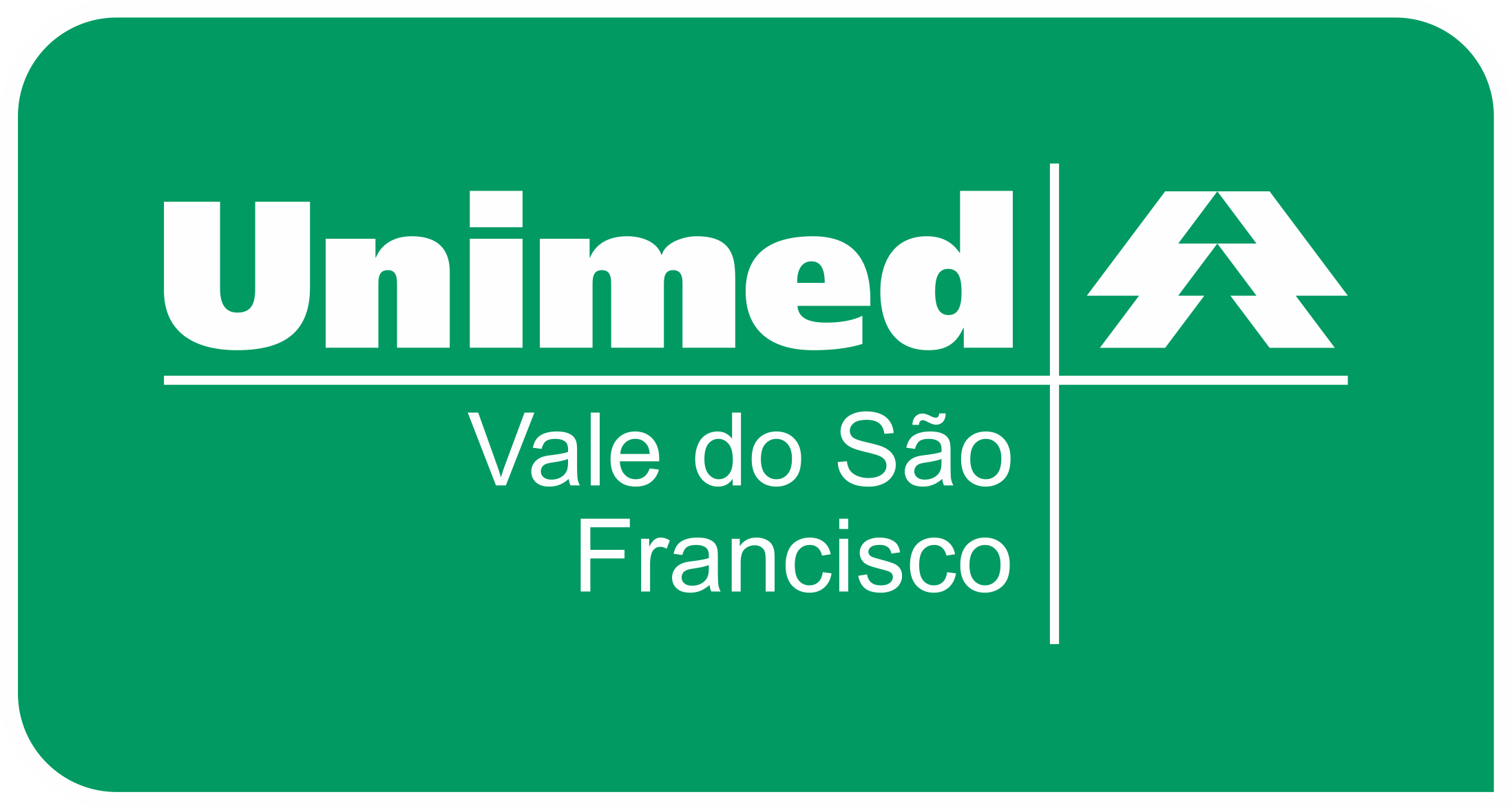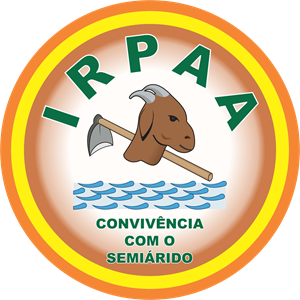Development of Eisenia andrei and quality of vermicompost obtained from rumen residue at different storage times and catalyst processing enzymes
DOI:
https://doi.org/10.5281/zenodo.15116906Keywords:
Earthworm farming, organic compost, inoculant, organic fertilization.Abstract
The content of ruminal residue from refrigerators is generated in high volumes, and if disposed of improperly, causes environmental damage. Thus, the recycling of this waste by vermicomposting process can be a low cost alternative, to correctly allocate these residues. This study aimed to verify the efficacy of vermicomposting in residue with different curing times with or without the addition of Bokashi as an inoculating agent. The experiment was conducted in a completely randomized design, in a 3x2 factorial scheme (curing time x inoculation), with four replications. Fresh (3 months after collection), intermediate (6 months after collection) and mature (12 months after collection) residues combined with the addition or not of Bokashi as an inoculating agent were tested. The acceptance of the treatments by the earthworms of the species Eisenia andrei, as well as the efficiency of the vermicomposting process, were evaluated.The intermediate ruminal residue content favored better adaptation of earthworms, presenting lower mortality and/or leakage rate and greater weight gain in the acceptance test. The content of mature ruminal residue favored the birth of juvenile earthworms and provided higher volumes of marketable vermicompost and there was a considerable increase in macro and micronutrients.



